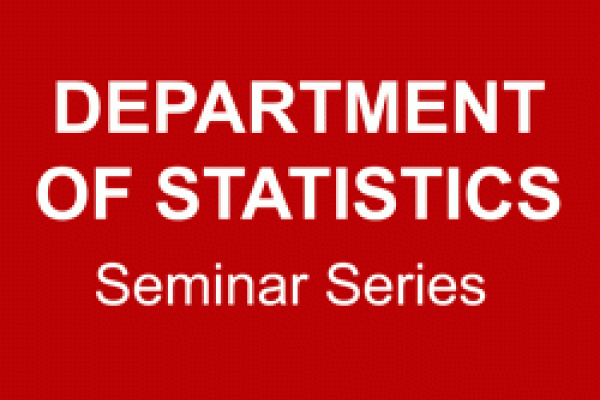
Title
Benchmark Estimation for Markov Chain Monte Carlo Samples
Speaker
Subha Guha, The Ohio State University
Abstract
While studying various features of the posterior distribution of a vector-valued parameter using an MCMC sample, systematically subsampling of the MCMC output can only lead to poorer estimation. Nevertheless, a 1-in-k subsample is often all that is retained in investigations where intensive computations are involved or where speed is essential. The goal of benchmark estimation is to produce a number of estimates based on the best available information, i.e. the entire MCMC sample, and to use these to improve other estimates made on the basis of the subsample. We take a simple approach by creating a weighted subsample where the weights are quickly obtained as a solution to a system of linear equations. We provide a theoretical basis for the method and illustrate the technique using an example from the literature. For a subsampling rate of 1-in-100, the observed reductions in MSE often exceed 30% for a number of posterior features. Much larger gains are expected for certain complex estimation methods and for the commonly used thinner subsampling rates. Benchmark estimation can be used wherever other fast or efficient estimation strategies already exist. We discuss some asymptotic properties of benchmark estimators that provide insight into the gains associated with the technique. The observed gains are found to closely match the theoretical values predicted by the asymptotic.
